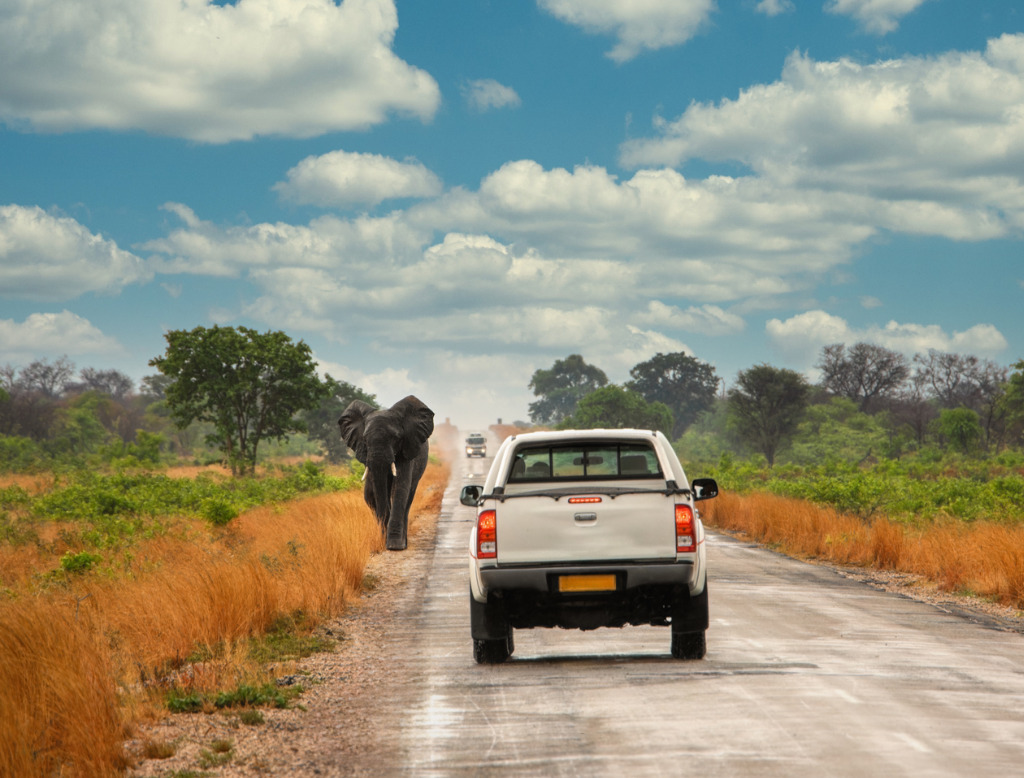Those from suburban America may take having a car for granted. Those from Singapore, however, may take having excellent public transportation for granted. There are numerous factors to consider when deciding whether an assignee should bring a car, buy one locally, or avoid driving at all while on assignment.
According to WHO’s Global Status Report on Road Safety Northern Europe, including Switzerland and Denmark, ranks highly for safety, whereas Liberia, Zimbabwe, and the Dominican Republic are among the most dangerous countries for drivers.
For quality of roads, however, according to the World Economic Forum, Singapore tops the list, joined by Switzerland, Portugal, and Hong Kong. On the opposite side are Kuwait, Georgia, and Costa Rica. Surprisingly, New Zealand also ranked poorly for road quality, mainly due to gravel mountain roads that inexperienced drivers might find dangerous. Connectivity is another issue. In this category, the U.S. takes the top spot with the largest road network in the world. 68,03,479 km, of which 65% is paved. In some countries, however, a lack of direct road access can make traveling more time-consuming than one would expect.
Even when a country has infrastructure, traffic can be a significant factor in a daily commute. Anyone who has attempted to drive in Istanbul, Moscow, or Cairo knows that defensive driving is a way of life in many major cities in the world. Some countries may also have norms that lead to a confusing or dangerous experience behind the wheel, such as Myanmar, where people drive on the right but also have right-hand steering wheels.
In these cases driving may be an additional stress, but still be the only reasonable way to get around. This problem can be solved by taxis, rideshares, or hiring a personal driver, but it can be difficult to find out the ins and outs of the legality and availability of these options.
Living Abroad has extensive transportation resources to guide you to the best solution for families who may have varied transportation needs. With sections on both public transportation and local driving conditions, as well as information on taxis, rideshares, and hiring local drivers where applicable, assignees will not have to stress about how they will go about seeing all the new things their host country has to offer.


